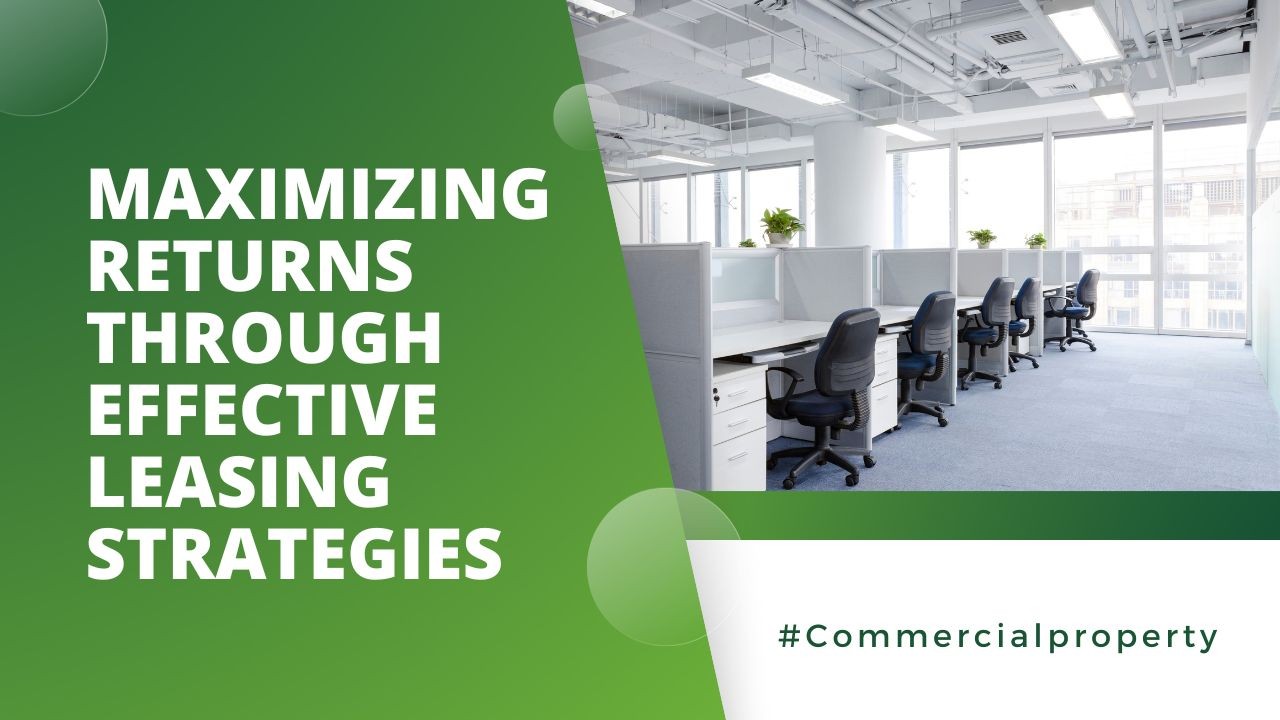
Investing in real estate is a significant decision that can have long-term financial implications. When it comes to property investments, two main categories often come into consideration: commercial and residential properties. Both types of investments have their unique benefits and challenges. In this article, we will compare commercial and residential property investments in terms of rental income, property appreciation, and overall return on investment, using a detailed example.
Understanding the Basics
Commercial Property:
Definition: Includes office buildings, retail spaces, warehouses, and other properties used for business purposes.
Advantages: Typically offers higher rental yields, longer lease terms, and potential for regular rent escalations.
Challenges: Higher entry costs, more complex management, and sensitivity to economic cycles.
Residential Property:
Definition: Includes single-family homes, apartments, and other properties used for living purposes.
Advantages: Easier to manage, more stable rental demand, and generally lower entry costs.
Challenges: Lower rental yields compared to commercial properties, potential for higher tenant turnover.
Financial Comparison: Commercial vs Residential Investment
Let's consider a scenario where an investor has ₹1 crore (₹10,000,000) to invest in either commercial or residential property. We will compare these investments based on the following assumptions:
- Investment Amount: ₹1 crore
- Commercial Property Rental ROI: 7% annually
- Residential Property Rental ROI: 2% annually
- Commercial Property Rental Escalation: 5% per year
- Residential Property Rental Escalation: 4% per year
- Commercial Property Appreciation: 7% per year
- Residential Property Appreciation: 5% per year
Initial Annual Rental Income
Commercial Property: ₹1,00,00,000 * 7% = ₹7,00,000
Residential Property: ₹1,00,00,000 * 2% = ₹2,00,000
Property Value and Rental Income Over 10 Years
| Year | Commercial Property Value (₹) | Commercial Annual Rent (₹) | Residential Property Value (₹) | Residential Annual Rent (₹) |
|---|---|---|---|---|
| 1 | 1,07,00,000 | 7,00,000 | 1,05,00,000 | 2,00,000 |
| 2 | 1,14,49,000 | 7,35,000 | 1,10,25,000 | 2,08,000 |
| 3 | 1,22,50,430 | 7,71,750 | 1,15,76,250 | 2,16,320 |
| 4 | 1,31,08,960 | 8,10,338 | 1,21,55,063 | 2,24,973 |
| 5 | 1,40,26,587 | 8,50,855 | 1,27,62,816 | 2,33,972 |
| 6 | 1,50,08,448 | 8,93,397 | 1,34,00,957 | 2,43,330 |
| 7 | 1,60,58,740 | 9,38,066 | 1,40,71,005 | 2,53,063 |
| 8 | 1,71,81,852 | 9,84,969 | 1,47,74,555 | 2,63,185 |
| 9 | 1,83,82,381 | 10,34,218 | 1,55,13,283 | 2,73,713 |
| 10 | 1,96,65,147 | 10,85,929 | 1,62,88,947 | 2,84,661 |
Total Rental Income Over 10 Years
| Type of Property | Total Rental Income (₹) |
|---|---|
| Commercial | ₹86,55,949 |
| Residential | ₹24,18,217 |
Future Property Value After 10 Years
| Type of Property | Future Value (₹) |
|---|---|
| Commercial | ₹1,96,65,147 |
| Residential | ₹1,62,88,947 |
Comparison Summary
| Criteria | Commercial Property | Residential Property |
|---|---|---|
| Initial Investment | ₹1,00,00,000 | ₹1,00,00,000 |
| Initial Annual Rental Income | ₹7,00,000 | ₹2,00,000 |
| Rental Escalation Per Year | 5% | 4% |
| Property Appreciation Per Year | 7% | 5% |
| Total Rental Income Over 10 Years | ₹86,55,949 | ₹24,18,217 |
| Future Property Value After 10 Years | ₹1,96,65,147 | ₹1,62,88,947 |
Conclusion
In this example, commercial property investment provides significantly higher rental income and property value appreciation compared to residential property investment. However, commercial properties typically require higher initial investment, more complex management, and can be more sensitive to economic conditions.
Factors to Consider:
- Risk Tolerance: Commercial properties can be more volatile and may experience longer vacancy periods.
- Management Complexity: Commercial properties often require professional management, whereas residential properties can be easier to self-manage.
- Liquidity: Residential properties may offer higher liquidity as they can be sold more easily in various market conditions.
- Tenant Stability: Commercial leases are usually longer-term, providing stable income, but residential properties often have a higher tenant turnover.
Deciding between commercial and residential property investment depends on your individual financial goals, risk tolerance, and investment strategy. Both types of investments can be profitable, but it is crucial to conduct thorough research and consider the long-term implications before making a decision. Consulting with real estate professionals and financial advisors can also help in making an informed choice.
Whether you choose commercial or residential property, real estate investment remains a solid option for building wealth and generating passive income over time.







